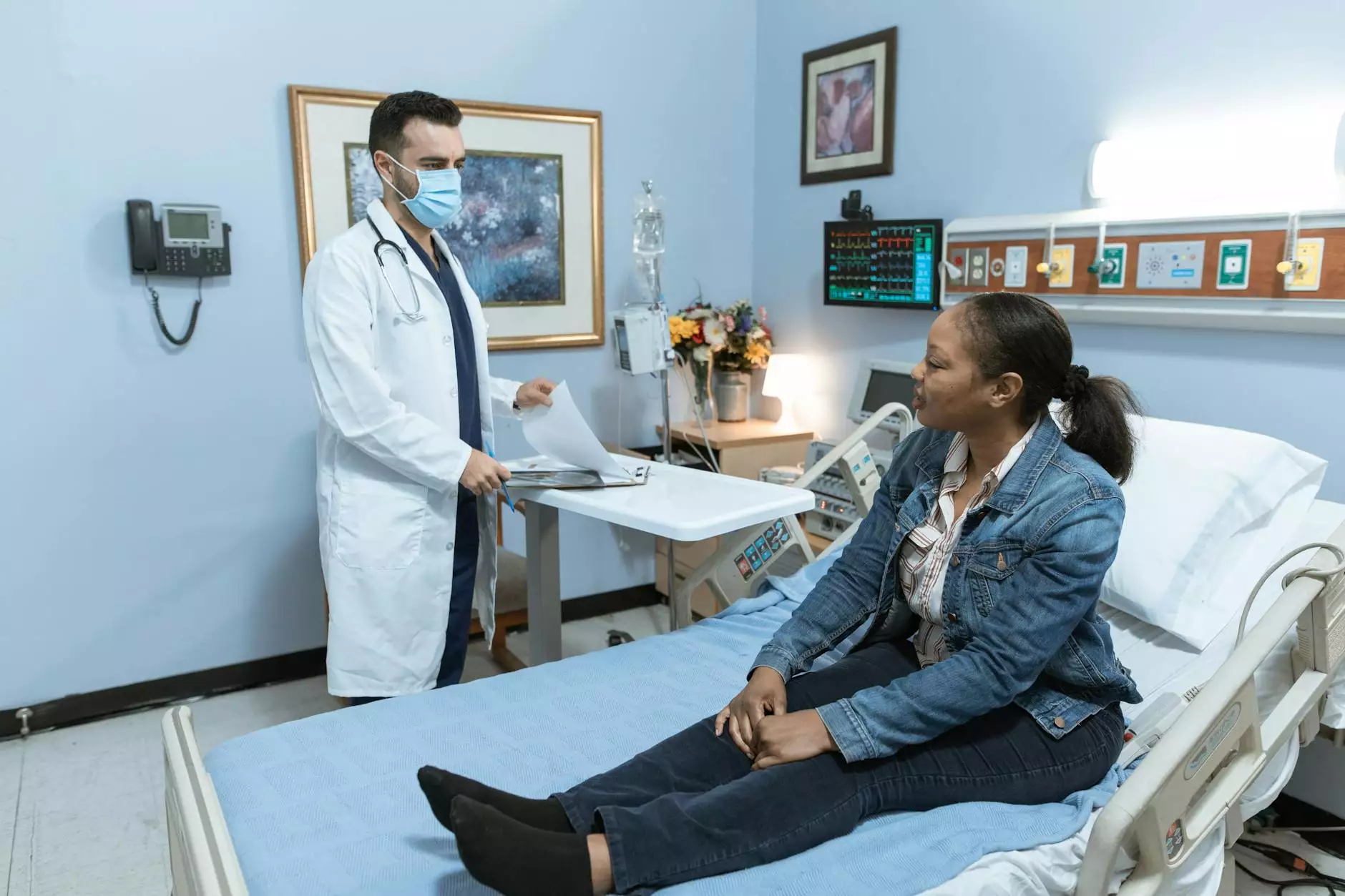Exploring Biomedical Jobs in Hospitals

In today's fast-paced healthcare environment, biomedical jobs in hospitals are gaining significant importance. Professionals in this field play a critical role in enhancing patient care and advancing medical technology. This article explores various aspects of biomedical jobs, including their significance, the skills required, types of positions available, and career prospects in this ever-evolving industry.
The Importance of Biomedical Jobs in Hospitals
Biomedical professionals serve as the backbone of healthcare institutions. They work to ensure that medical devices, equipment, and technologies are safe, effective, and accessible to healthcare providers. The following points emphasize the importance of these roles:
- Patient Safety: Biomedical professionals implement rigorous testing and maintenance protocols for medical equipment, minimizing risks associated with device malfunctions.
- Technological Advancement: They stay updated on the latest technological innovations, ensuring that hospitals adopt cutting-edge solutions that improve patient outcomes.
- Interdisciplinary Collaboration: Biomedical professionals often work alongside healthcare teams to integrate technology into patient care effectively.
- Cost Efficiency: Their expertise helps hospitals manage resources more efficiently, leading to improved operational workflows and reduced costs.
Types of Biomedical Jobs in Hospitals
Biomedical jobs in hospitals can be quite diverse, ranging from engineering roles to clinical support positions. Here are some of the prominent types of roles:
1. Biomedical Engineer
Biomedical Engineers design and maintain medical equipment, ensuring it operates efficiently and meets safety standards. Their responsibilities include:
- Developing innovative medical devices.
- Conducting tests and evaluations of new equipment.
- Providing technical support to clinical staff.
2. Clinical Engineering Technologist
A Clinical Engineering Technologist focuses on maintaining and optimizing medical equipment used in patient care settings. Their role encompasses:
- Regular inspections and maintenance of devices.
- Training staff on the proper use of medical equipment.
- Implementing preventive maintenance programs.
3. Biomedical Equipment Specialist
This role involves managing and troubleshooting medical devices within the hospital environment. Responsibilities include:
- Repairing and calibrating medical devices.
- Documenting repair histories and maintenance records.
- Ensuring all equipment complies with regulatory standards.
4. Medical Device Sales Representative
Medical Device Sales Representatives act as a liaison between manufacturers and healthcare facilities, advocating for the latest medical technologies. Key duties involve:
- Engaging healthcare professionals to understand their needs.
- Presenting and demonstrating new medical devices.
- Building long-term relationships with hospital staff.
Essential Skills for Biomedical Jobs
To excel in biomedical jobs in hospitals, professionals must equip themselves with various essential skills. Here are some of the key competencies necessary for success:
- Technical Proficiency: Understanding medical technology and engineering principles.
- Problem-Solving Skills: Addressing issues related to equipment performance and safety.
- Communication skills: Effectively conveying technical information to non-technical staff.
- Attention to Detail: Ensuring compliance with safety and performance standards in all aspects of work.
Job Prospects and Career Growth
The demand for biomedical professionals is on the rise due to technological advancements in the medical field. According to the U.S. Bureau of Labor Statistics, the employment of biomedical engineers is projected to grow by 6% from 2020 to 2030. Here are some insights into job prospects and potential career growth:
- Job Availability: Increasing reliance on advanced medical technologies fuels the need for qualified biomedical professionals.
- Career Advancement: Professionals can pursue advanced degrees or certifications to access higher-level positions and specialized roles.
- Opportunities Beyond Hospitals: Biomedical professionals can also find roles in research support, regulatory compliance, and product development with medical device companies.
How to Pursue a Career in Biomedical Jobs
If you're interested in entering the biomedical field, here is a step-by-step guide to help you navigate the journey:
1. Educational Requirements
Most biomedical jobs in hospitals require at least a bachelor’s degree in biomedical engineering or a related field. Advanced positions may necessitate a master’s degree or specific certifications.
2. Gain Hands-On Experience
Internships and co-op programs during your studies can provide valuable practical experience. Seek opportunities in hospitals, clinics, or medical device companies to gain exposure in real-world settings.
3. Networking
Attend industry conferences, join professional organizations, and connect with alumni from your educational institution. These connections can lead to job opportunities and mentorship.
4. Tailor Your Resume
Create a resume that highlights your relevant skills, experience, and education. Emphasize any real-world experiences you’ve had with medical technologies or equipment.
5. Apply Strategically
Look for openings on job boards, hospital career pages, and specialized recruitment agencies. Sites like job4u.ae can be valuable resources for finding biomedical jobs.
Conclusion
In conclusion, biomedical jobs in hospitals are not only rewarding but also crucial in shaping the future of healthcare. With a steadfast commitment to patient safety, technological innovation, and interdisciplinary collaboration, professionals in this field are paving the way for a healthier tomorrow. By understanding the types of jobs available, developing essential skills, and strategically pursuing opportunities, you can build a successful career in the biomedical arena.
Embrace the opportunity to make a difference in the lives of patients and healthcare providers alike. The field of biomedical engineering is ripe with potential, and with the right education and experience, you can become a valued member of the healthcare community.









